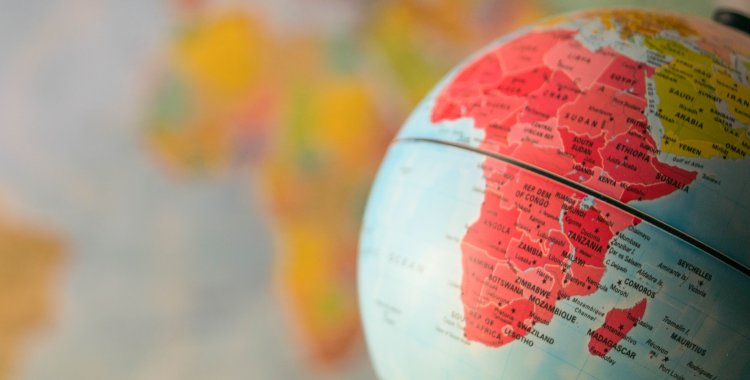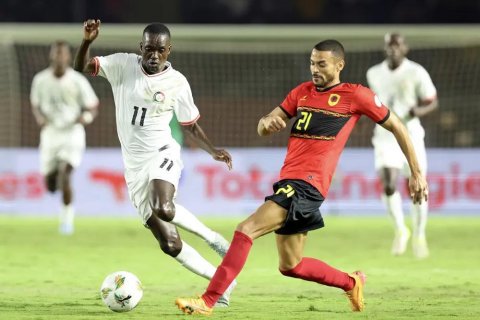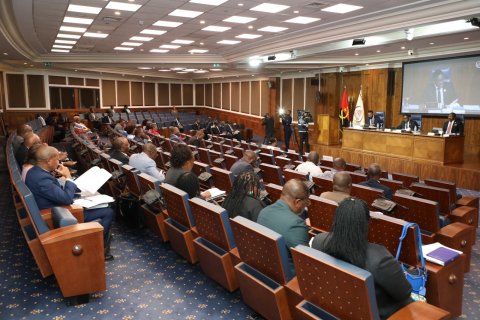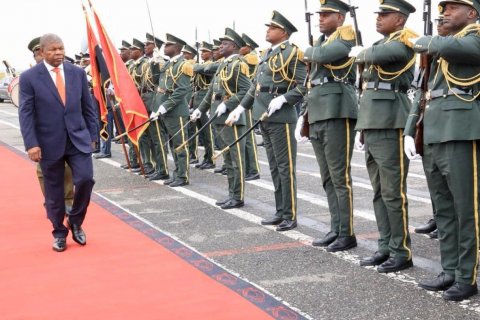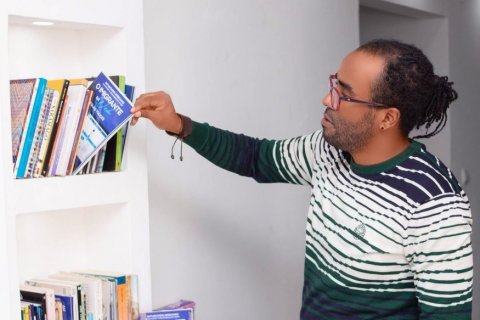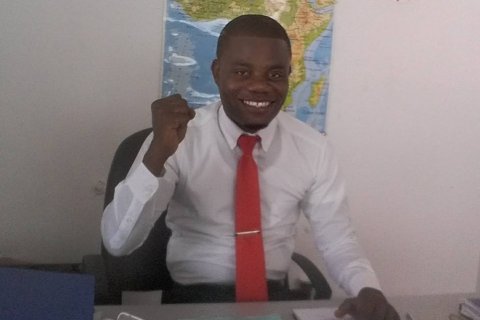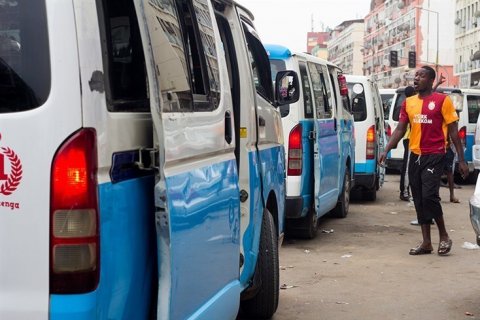The impacts of the war launched by the Russian invasion of Ukraine on February 24, 2022 "have been felt in the increased strategic importance of many African states for different international partners", stressed Priyal Singh, researcher at the Institute for Strategic Studies, to Lusa, in South Africa.
"We see this, for example, in the increasing frequency with which senior foreign officials, foreign ministers and diplomats visit the continent and conduct different diplomatic interests, often at the same time, trying to build more favorable relations with certain African states", added the investigator.
The fact that the Russian Minister of Foreign Affairs, Sergei Lavrov, "in the middle of a war launched by his country, took the time to go to Africa three times", the last one in January, "shows how important the continent is to Moscow," says Joseph Siegle, director of research at the Africa Center for Strategic Studies (ACSS), a think tank in Washington funded by the US Congress.
Africa matters to Moscow, as does the United States, which invited African leaders to visit Washington in December for a summit that has not been held for eight years; but also to China, whose new head of diplomacy chose the continent in early January as his first destination, visiting five countries - one of which is Angola, but not South Africa.
Several European heads of state and government have visited the continent over the last year, which also received a visit from the head of diplomacy of the European Union (EU), Josep Borrell.
The continent has been "wooed" by the biggest geopolitical actors almost since the beginning of the war, when on March 2, 2022 the United Nations General Assembly showed that Africa was divided in half in condemning the Russian invasion of Ukraine.
Some African cities emerged in the last year as frequent destinations of the most distinguished leaders of the various blocs, and, "suddenly", within the continent itself, "a very vigorous conversation about independence, liberation, anti-apartheid, colonialism, was restarted by cause of the conflict in Ukraine," said Paul Nantulya, ACSS research associate.
The war, according to Singh, ended up demonstrating that "there is a significant difference in the vision of the world between developed nations and African states, which see the international system from very different points of view than their western partners".
On five occasions since the start of the invasion, the last of which was last November 14, the UN has voted to condemn Russia, but, regardless of the principles in question, the pattern of the African vote has never changed significantly, with almost half of the 54 countries of the continent represented to refrain from expressly condemning Moscow, or simply to leave the different rooms minutes before each vote.
"Diplomatically, Russia is doing quite well in this regard", Tom Lodge, a specialist in African politics and professor of Peace and Conflict Studies at the University of Limerick, Ireland, told Lusa.
Siegle also acknowledges that "Moscow has managed to strengthen its influence in Africa over the last year", using various instruments, one of which is the conduct of "disinformation campaigns".
Moscow is developing "an active interference in elections, it has schemes for accessing resources, it has negotiated agreements within OPEC whose details are unknown, measures that contribute to instability in Africa, including cases in which popular sovereignty is called into question", he added, referring to Russian support for regimes resulting from coups d'état in the Sahel, such as in Mali and Burkina Faso.
All this "happens at the same time" that "Russia is very efficient in managing the narrative about the war, that everything that happened in Ukraine is the responsibility of the West", underlined Joseph Siegle.
Russian "management of the narrative" has a historical context that favors what Nantulya describes as an ongoing "political revival" on the continent, as a "new Cold War" settles in Africa, in the expression of the then president of the African Union (AU), Macky Sall, who told the UN General Assembly in September that the continent refused "to be the fertile ground" of this dispute.
"Russia enjoys sympathies in Africa, either because of the role of the Soviet Union in the wars of independence, or because the Western powers in those wars never supported African liberation movements, on the contrary, they operated against them", pointed out Nantulya.
"If we look at the political leaders, especially in the countries of southern Africa, but also at their senior military personnel, about 90 percent were educated in Soviet Russia, others trained in Cuba, still others in Democratic Germany, and the rest in China," added the ACSS researcher.
Priyal Singh also said that Africa has emerged as an "ideological and normative battleground" fought over by "opposing geopolitical groupings".
"There is a huge push for Russia, the US and the EU to prioritize greater amounts of trade with Africa, by offering greater concessions, providing debt relief, more development aid packages and so on, but African states have so far not been able to strategically leverage their position vis-à-vis Russia, on the one hand, and the United States and the European Union on the other", both at continental and regional level, considered the South African researcher.
From Tom Lodge's perspective, perhaps this lack of strategy does not bring a greater evil. "Looking at the big foreign power interests that are converging on Africa, it's not clear who the good guys are and who the bad guys are, I don't think the new commitments are particularly benign, and I don't think they will be reflected in major benefits for a large number of people in Africa", concluded the Irish professor.

